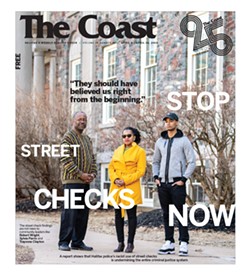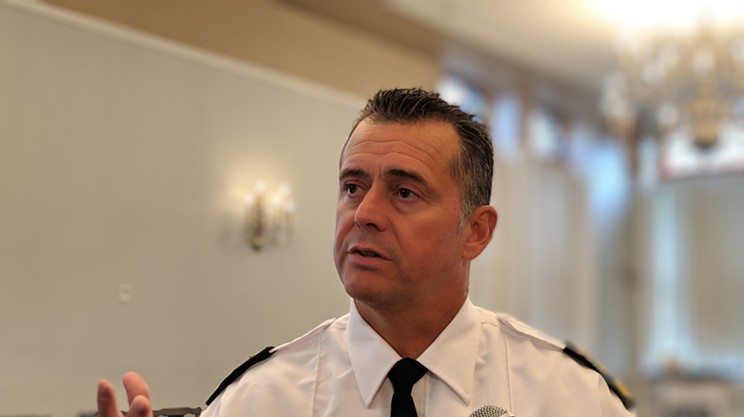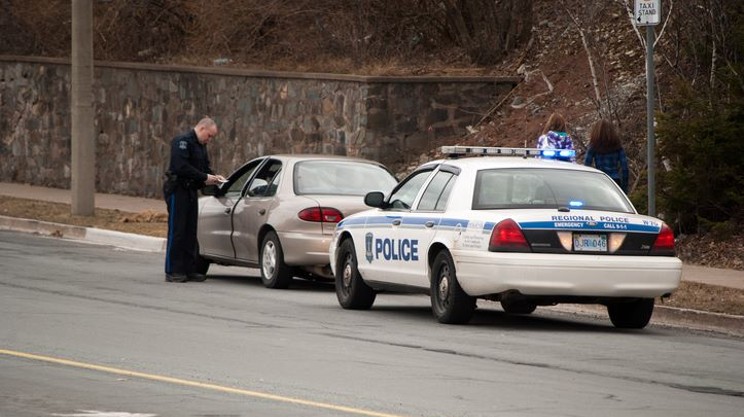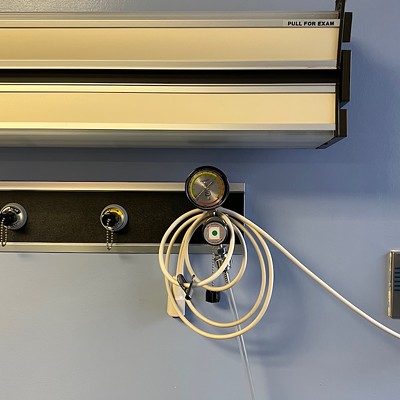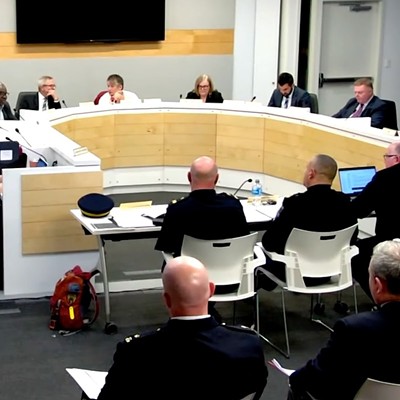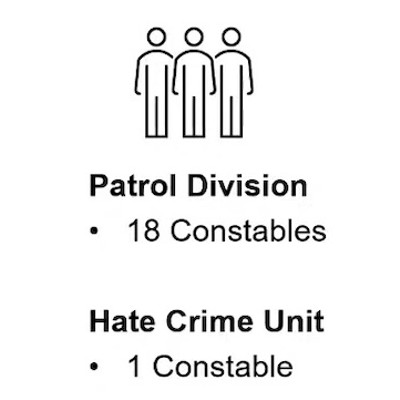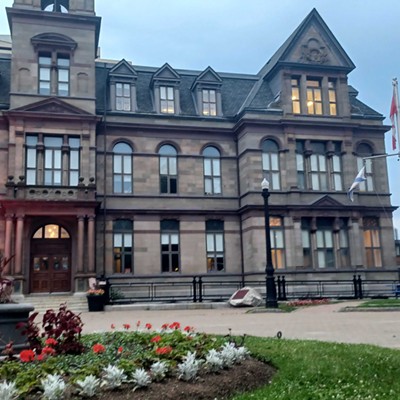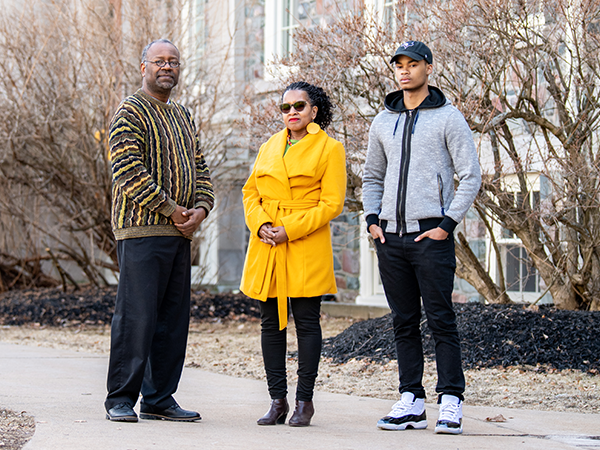
Today, justice minister Mark Furey announced a permanent ban on the practice of street checks. His decision comes after the release of a report from the Nova Scotia Human Rights Commission looking at the legality of street checks—the report says: they're illegal.
Trayvone Clayton says the news is "a big stress reliever." Clayton, along with three others stepped away from the Wortley Street Check Action Working Group last spring after it appeared they were moving towards regulation, and the youth were adamant a ban was necessary.
"It feels good to know that we will no longer be...stopped due to our skin colour or anything," says Clayton. "It's just something we've been wanting for over 20 years.
"Being able to walk through a neighbourhood, and walk through a community...it is good. We don't have to have that feeling no more that we're gonna be stopped for no reason."
The latest report, written by justice Michael MacDonald and Jennifer L. Taylor was asked for by the board of police commissioners to aid it in moving forward after the release of Wortley's report.
The report, which will be presented to the board at Monday's meeting, says that street checks are illegal, based on the understanding that they are "not reasonably necessary."
The report writers say one element of their decision has to do with privacy concerns saying that "street checks have the potential to interfere with" the right to be free from "arbitrary detention" and " the right to be free from unreasonable search and seizure." AKA the right to be left alone.
The province had previously said in April that they were moving "toward strict regulation," which contributed to Clayton and his peers' stepping away from the working group.
"Before, walking around, when I would see police officers I would start to be hesitant," says Clayton.
"Now we can actually walk around with our chest out and confident about ourselves. And able to just be free, free to walk. Yeah, we still don't have full trust in the police officers..., but now we know they can't put their hands on us or stop us for no reason."
Clayton regrets that he and his peers weren't invited back to the working group once they decided to move forward with a ban, and that it took so long to see an official ban of the practice.
"They should have been listening to us from the get-go," he says. "It shouldn't've took two reports for them to believe that the things they were doing were illegal."

